| The Superior gods |
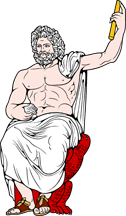 Jupiter - Chief deity, king of the gods, sky and thunder god, King of the Heavens and air Jupiter - Chief deity, king of the gods, sky and thunder god, King of the Heavens and air | 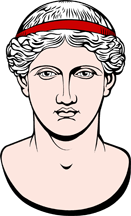 Juno wife of Jupiter, goddess of marriage, Married Love, Duty, Childbirth, Heirs, Royalty. Queen of the Heavens. Juno wife of Jupiter, goddess of marriage, Married Love, Duty, Childbirth, Heirs, Royalty. Queen of the Heavens. |
| Diana Twin Sister of Apollo, Huntress, virgins, Children, childbirth, Painless and gentle release/death, the Lady Moon, Companion of Orion. Sibling of Trivia and Orion. | Apollo Sun God, Twin brother of Diana, god of light, enlightenment, music, the arts, knowledge, healing, skill, Master of the Muses. Quick but hard and painful release/death. Sibling of Trivia and Orion. |
| Trivia goddess of crossroads, the harvest moon, mages, witchcraft, herbalism, portals, graveyards and torches and firelight. Twin sister to Orion, Sibling of Diana and Apollo, Bringer of fire & light to the people of Alquennas. Companion of Ceres. | Orion God of the Hunt, the Lord Moon, companion of Diana, Sibling of Diana and Apollo |
| The Terrestrial gods |
| Neptune - god of seas, oceans, storms, horses, and earthquakes, water. Husband of Salacia, King of the Seas, brother of Jupiter | Salacia Wife of Neptune, Queen of the seas, all that lives beneath the seas, salt water, sea currents. |
| Bacchus son of Jupiter, god of wine & drugs, revelry, debauchery, parties, festivals, truth | Ceres Goddess of all that grows, especially all foods, Harvest, and Life. Sister of Jupiter, Companion of Trivia. |
| Vesta goddess of the hearth and home always present, always listening, mild, Sister of Jupiter | Mercury god of messengers, tricksters, merchants, deliveries, Heralds, Diplomacy, Language, communication. |
| Vulcan god of artisanship, forging, and fire. Son of Juno, Husband of Venus | Minerva Goddess of Wisdom, Olives, home crafts & skills, victorious & virtuous battle, Daughter of Jupiter |
| The Infernal gods |
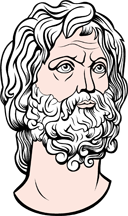 Pluto God of the underworld, brother of Jupiter, husband of Ceres' daughter Proserpine, riches, the unknown, the past, all that the earth contains, darkness. Pluto God of the underworld, brother of Jupiter, husband of Ceres' daughter Proserpine, riches, the unknown, the past, all that the earth contains, darkness. | Proserpine Wife of Pluto, Daughter of Ceres, goddess of nurturing, Queen of the Dead, Maiden of spring |
| Mars God of War in all forms. Lover of Venus | Venus wife of Vulcan, lover of Mars, Erotic love and arts. All types of Beauty and pleasure |
| The Civic gods |
| Lares These specific deities oversee a certain area. Usually a house or home. There are also estate, neighborhood, city, and state Lares. These spirits oversee and protect a specific place. They do not travel. It is possible to propitiate them or "buy them off" if one needs to take actions within an area. | Genii These are protective spirits of certain people or aspects of people. These spirits travel with the person they watch over. A male's Genii is his Genius, a female's is her Juno. |
| Manes the Blessed Dead honored ancestral spirits. These spirits were honorably buried and, at certain festivals, can be summoned to advise their descendants | Lemures the vengeful restless dead. These spirits mean active harm to the world above. Trivia is often invoked as protection against them. |
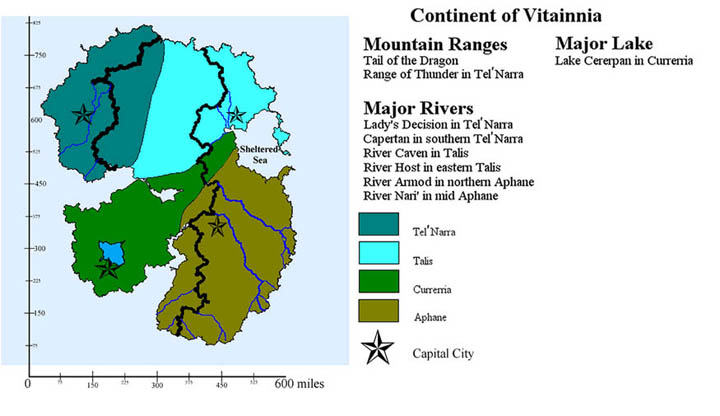 - Vitainnia Political Map
- Vitainnia Political Map - Vitainnia Political Map
- Vitainnia Political Map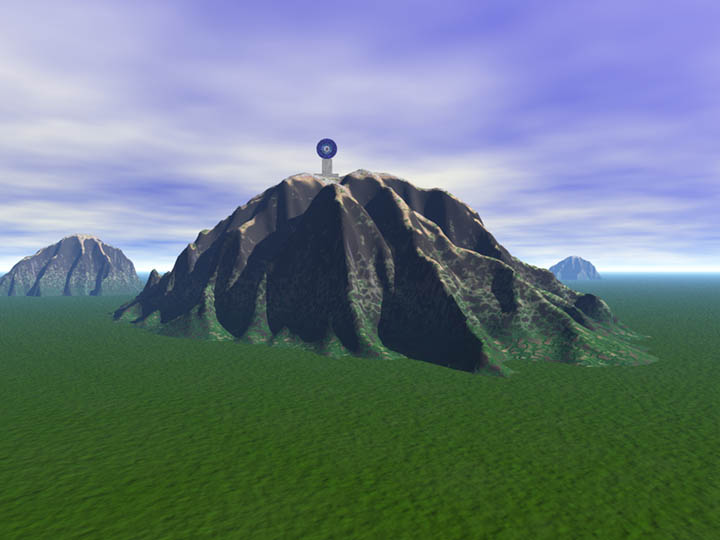
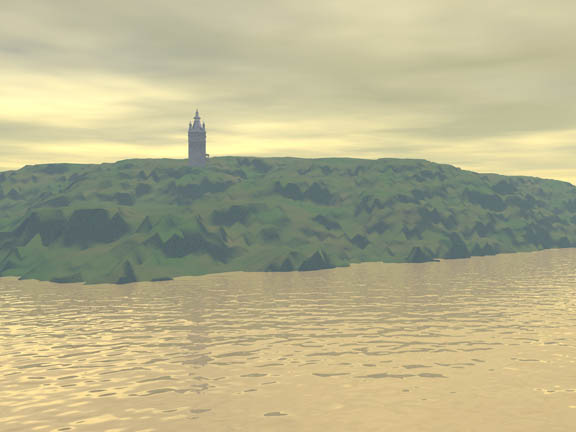

 Jupiter - Chief deity, king of the gods, sky and thunder god, King of the Heavens and air
Jupiter - Chief deity, king of the gods, sky and thunder god, King of the Heavens and air Juno wife of Jupiter, goddess of marriage, Married Love, Duty, Childbirth, Heirs, Royalty. Queen of the Heavens.
Juno wife of Jupiter, goddess of marriage, Married Love, Duty, Childbirth, Heirs, Royalty. Queen of the Heavens. Pluto God of the underworld, brother of Jupiter, husband of Ceres' daughter Proserpine, riches, the unknown, the past, all that the earth contains, darkness.
Pluto God of the underworld, brother of Jupiter, husband of Ceres' daughter Proserpine, riches, the unknown, the past, all that the earth contains, darkness.